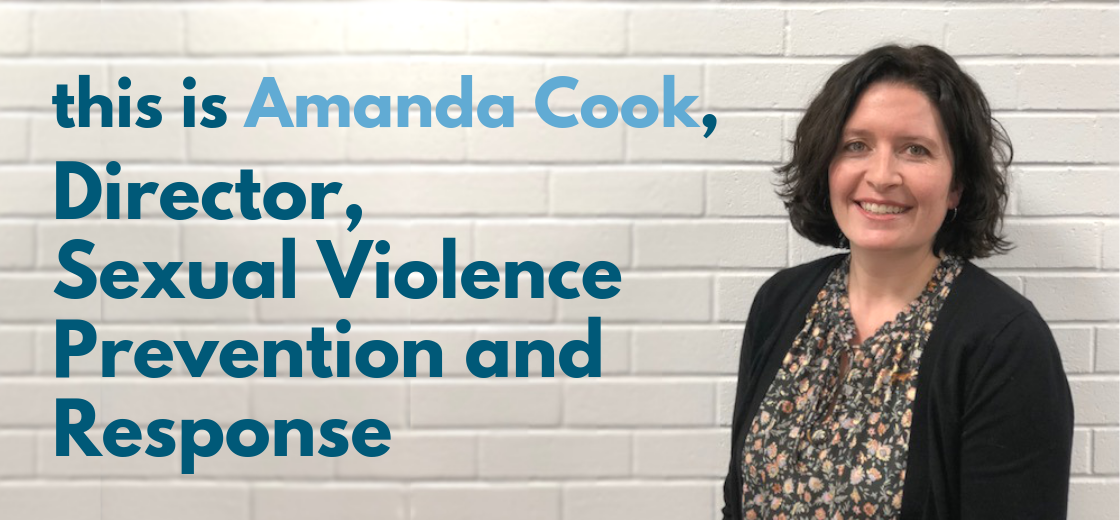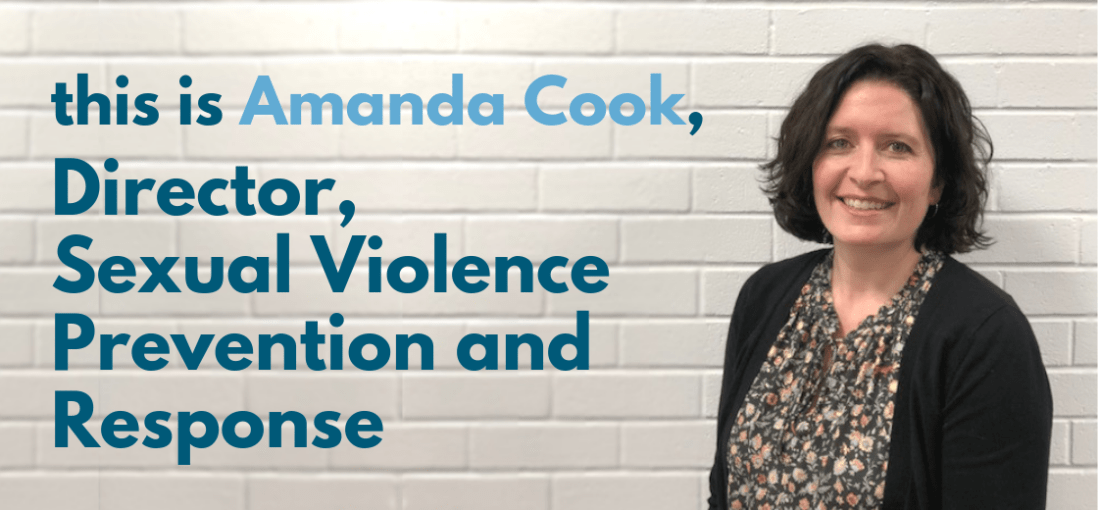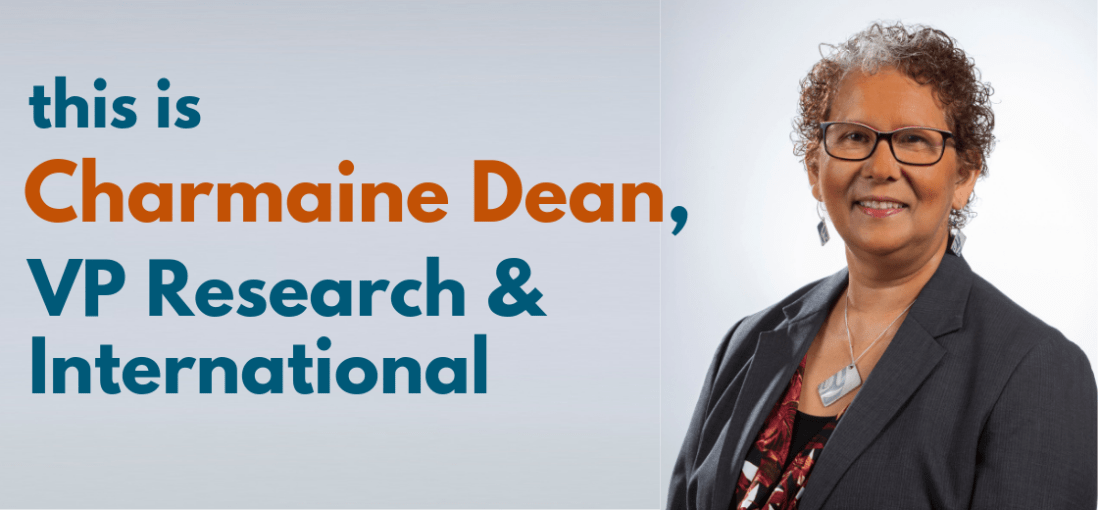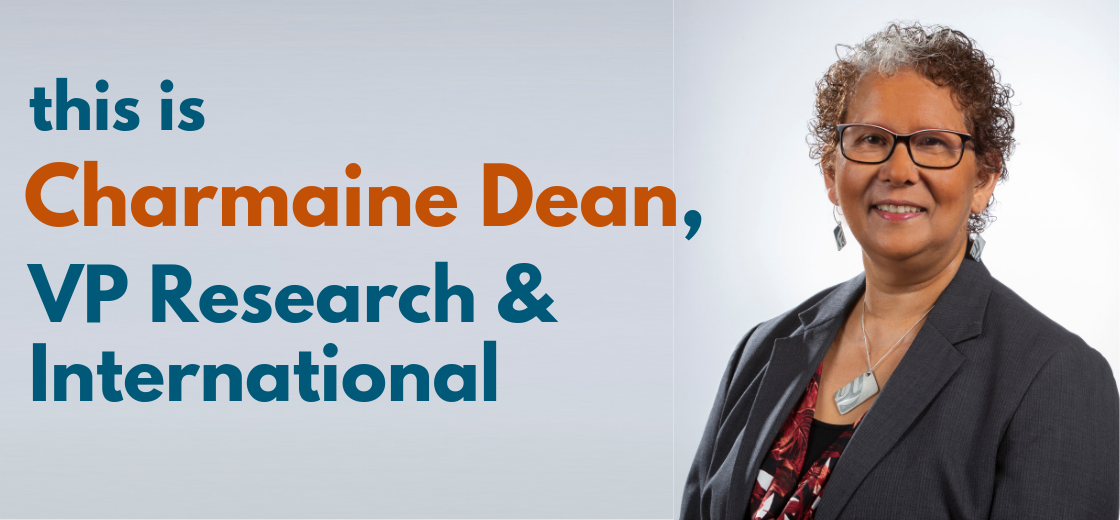Our “People You Should Know” blog series interviews key people and offices at the University of Waterloo so you can make the most of their services.

Amanda Cook is the Director, Sexual Violence Prevention and Response at Waterloo. She supports all students, staff, and faculty on campus who have experienced, or been impacted by, sexual violence.
Why might faculty members be interested in your role?
For a couple of different reasons. If there are any faculty members who have survived sexual violence and would like to talk about resources that are available to them, any workplace accommodations that I can help facilitate, or any other way that I can support them—whatever that individual needs or wants—I am available for them.
And I also support faculty who receive disclosures. Sometimes it’s just to consult about something that they’ve become aware of, and sometimes they’re seeking to share information with or accompany a person who’s come forward to them.
What advice do you have for faculty who’ve had a student disclose an experience to them?
At the end of the day, it’s about meeting the person wherever they’re at and trying our hardest not to make it about ourselves. In an effort to be caring and compassionate, whether we’re conscious of it or not, we bring a bias about what we think a person should do, or what we would do in the same situation. The important thing is engaging in active listening and seeing what that person needs and then trying to bridge them to another support that can provide the safety or the resources they might need.
A lot of times folks minimize how much they’re impacted by caring about other people, but the stress that causes sits with you. That’s normal and there are supports for you.
What’s the most important thing you want faculty to know?
I think a lot of times folks minimize how much they’re impacted by caring about other people, but the stress that causes, trying to coordinate and figure stuff out for students, it sits with you for a while. Even if the student’s not doing anything, you as a holder of that information might have some difficulty moving forward. So just know that that’s normal and there are supports for you if you need that.
Also that there is no wrong question. I’ve had faculty just consult with me about what they could tell somebody if they come forward, hypothetically. I’m happy to work within hypotheticals.
Continue reading “People You Should Know: Amanda Cook, Sexual Violence Prevention and Response”


